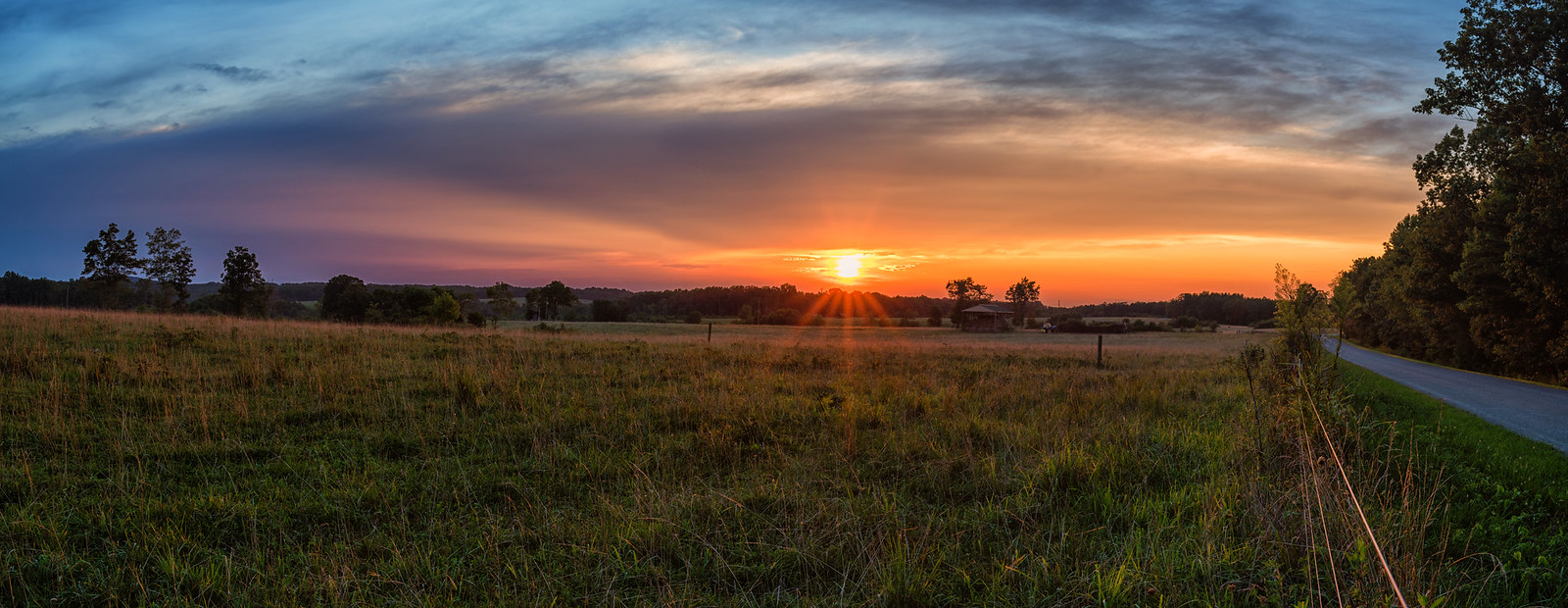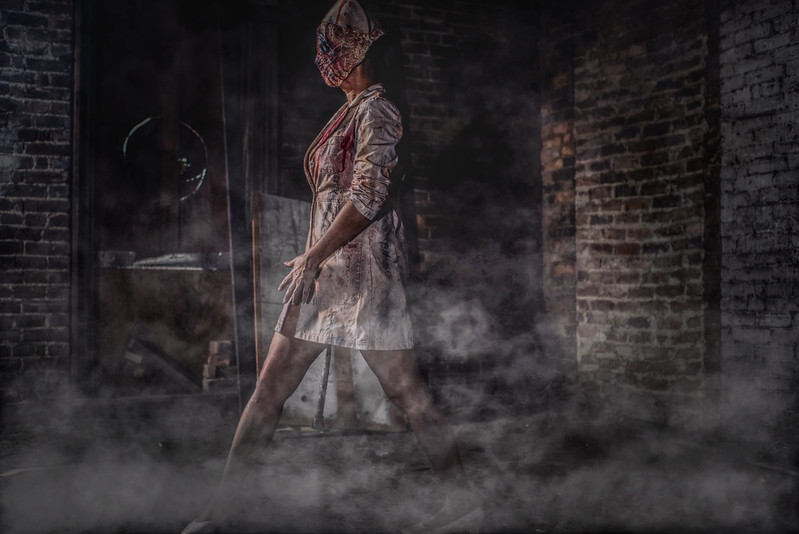 Originally posted by Rondec
Originally posted by Rondec 
I was a night owl through my college years, but for the last 25 years have forced myself to wake up between 5 and 5:30 and I would say I am more of a morning person at this point.
You may have successfully altered what your biological clock "wants" you to do. I am uncertain how much is known about what causes differences in the natural or innate sleep/wake cycles of humans, Humans are generally extremely variable in their behavior, are very plastic and responsive to environmental influences and can do far more to willfully change their behavior than any animal, SFAWK. Enormous amounts are known about the biological clocks of animals, especially insects and birds. Much of what we know about humans is deduced by extension from experiments in other mammals. It's far more difficult to experiment with humans, but experiments have been run with volunteers under conditions such as placing them in isolation from any cues as to what time it is, or how much time has elapsed to see what kind of sleep/wake cycle they enter. But I don't know about what might be called a "torture experiment." A human is in a chamber completely isolated from external cues, but the light cycle within the chamber is controlled from outside. Test #1, expose the subject to a cycle of 8 hours light, 8 hours dark. Test #2, expose the subject to 14 hours light, 14 hours dark. How does the subject respond? I don't even know if such tests have been run, or if they would be allowed under ethical considerations, or how long they should be run to find out how a human will respond (a week? a month? a year?). And how many test human test subjects are required to get statistically significant data? Working with mice you can have dozens or hundreds of mice being tested in each of hundreds of labs, but can you get more than a tiny handful of humans? Because of the small number of test subjects, there are problems such as: is this human typical or normal? what kind of sleep/wake cycle did this human have throughout their life, and how might that impact how they respond to the experimental conditions? And there are always the behaviorists who will say, as I have had thrown in my face several times: "just because you shown that mice, horses, birds, flowers, and insects have a biological clock that sets their daily rhythm, that proves nothing about humans." It's the ancient "man and the animals" idea. Somehow there is an impenetrable wall that separates human behavior from their evolutionary past.


 Similar Threads
Similar Threads 

















 Post #18559 by Tas
Post #18559 by Tas








